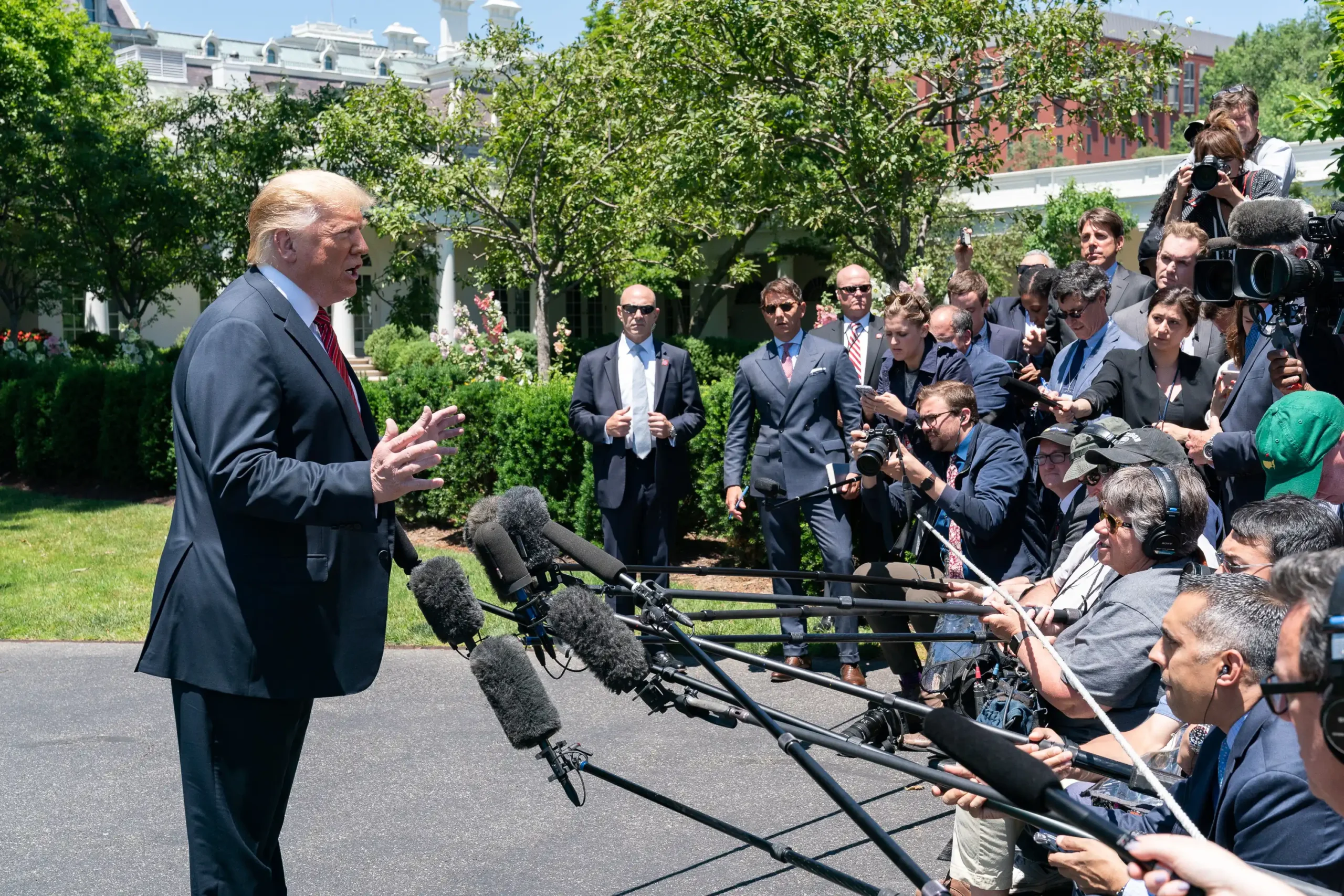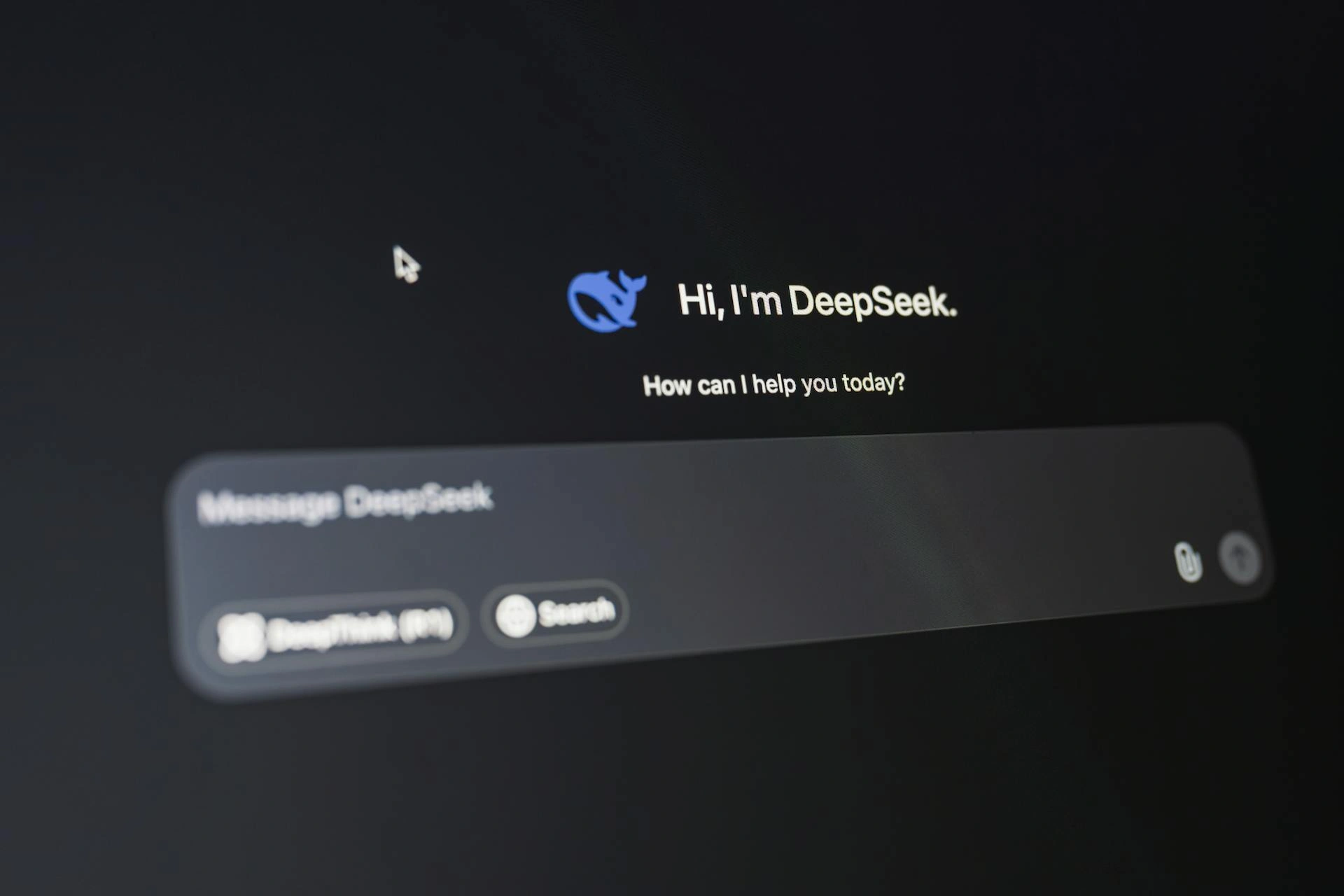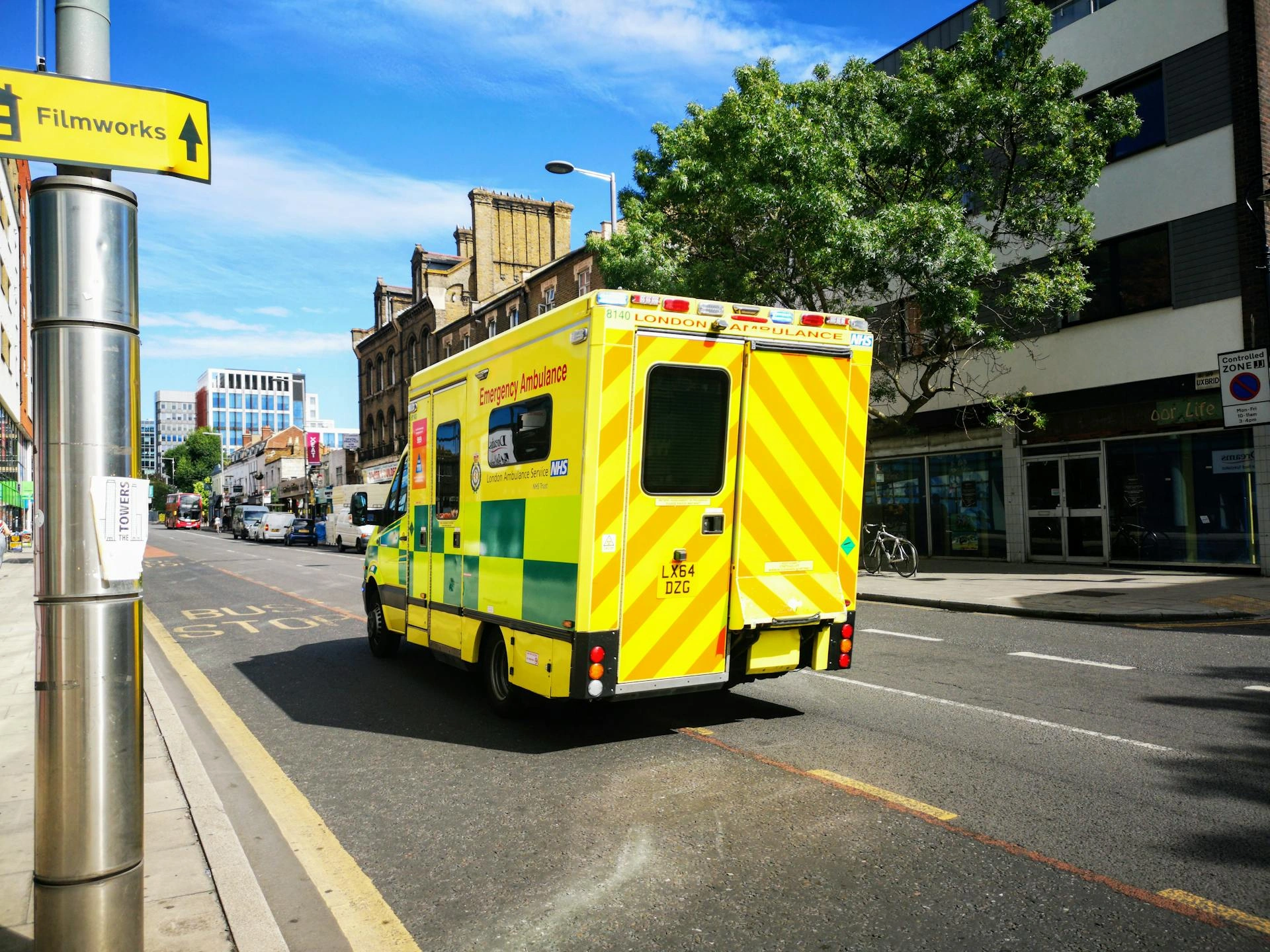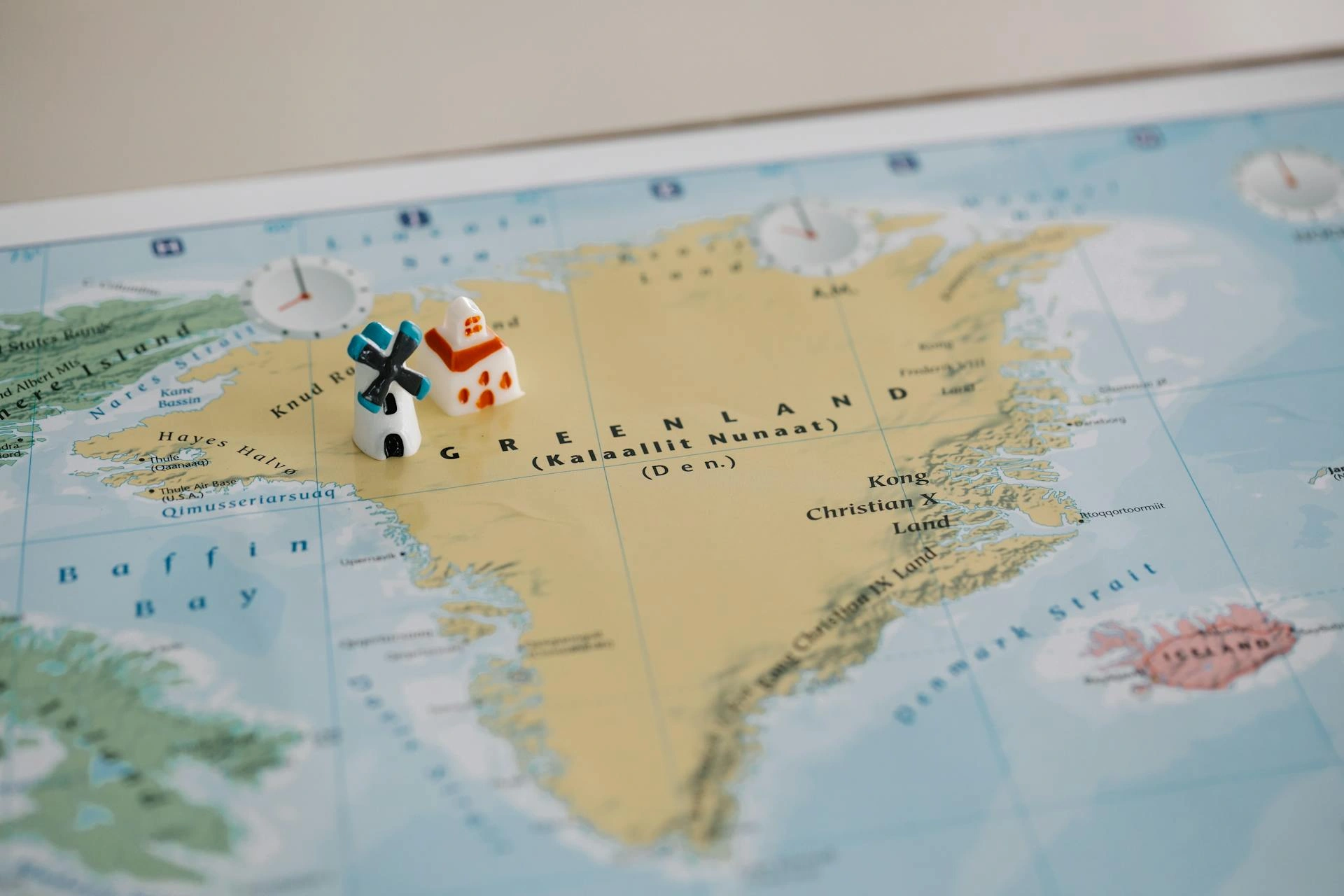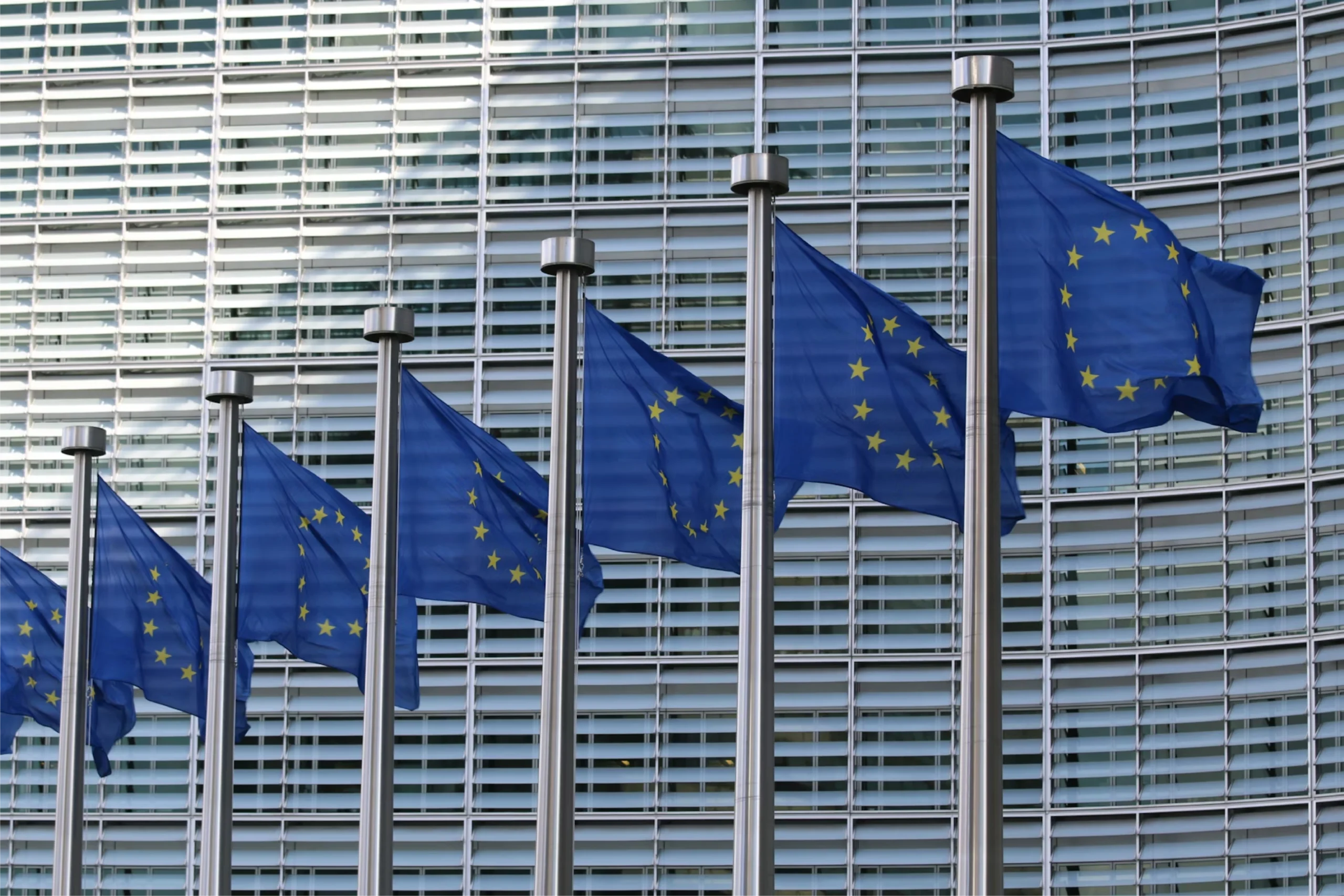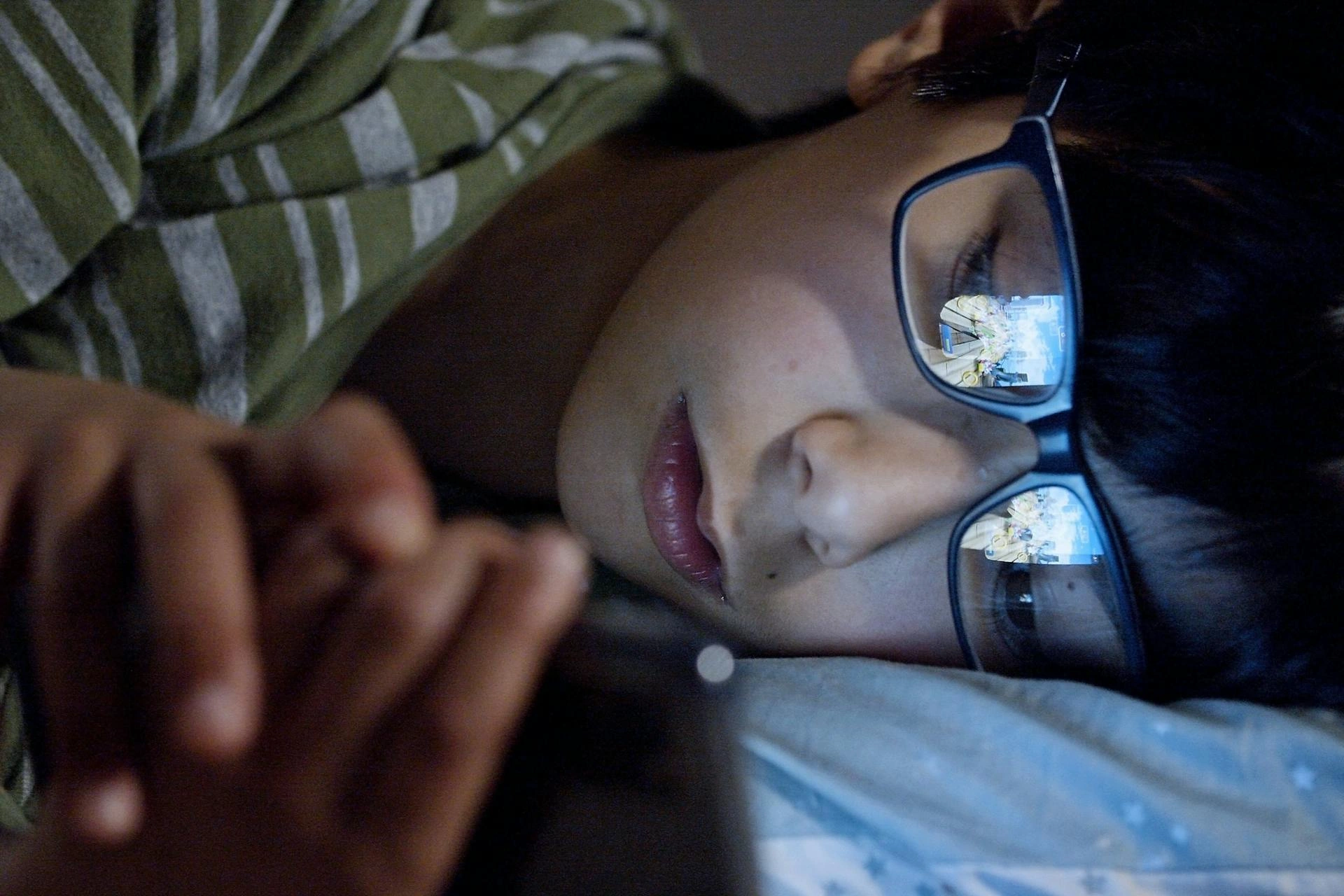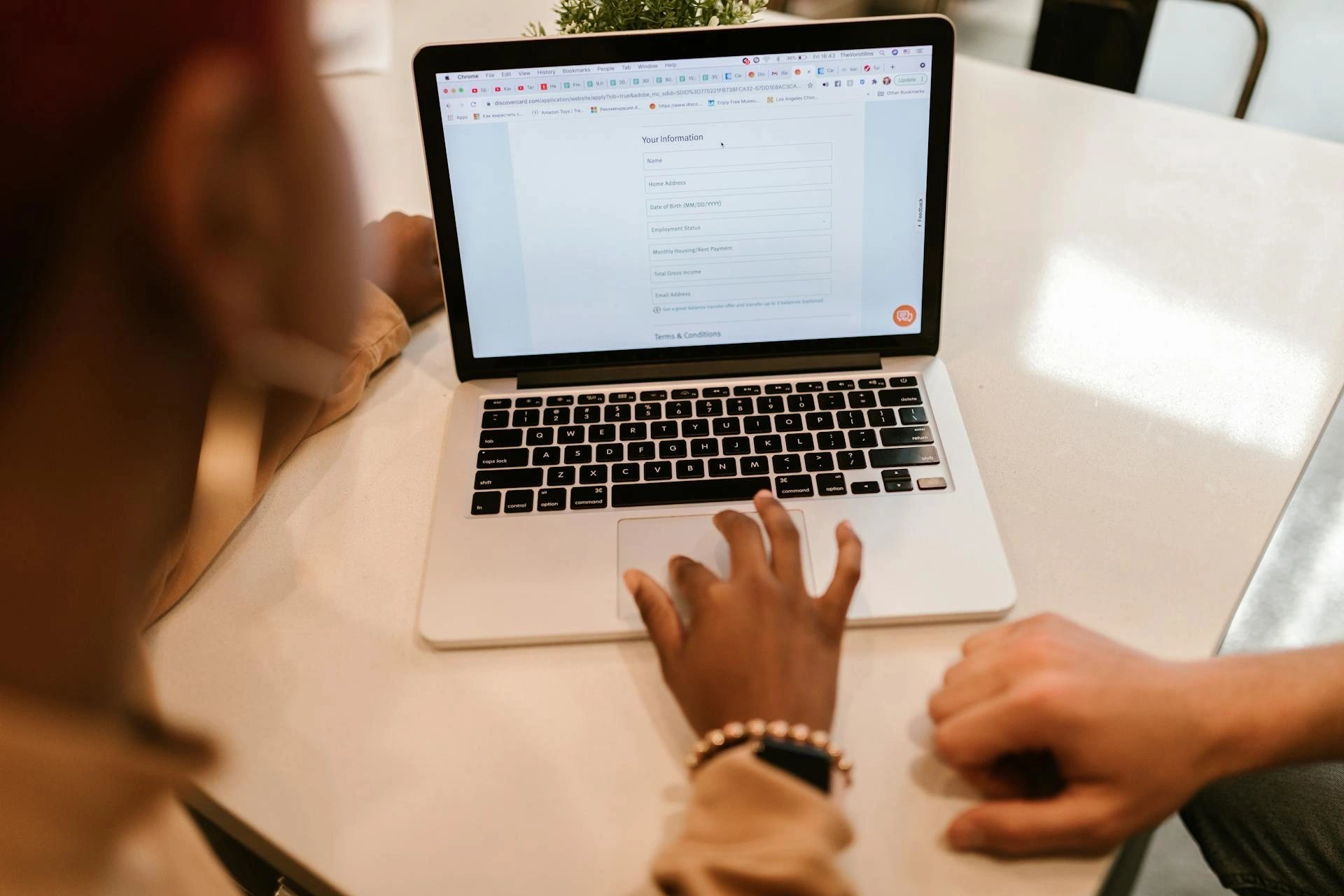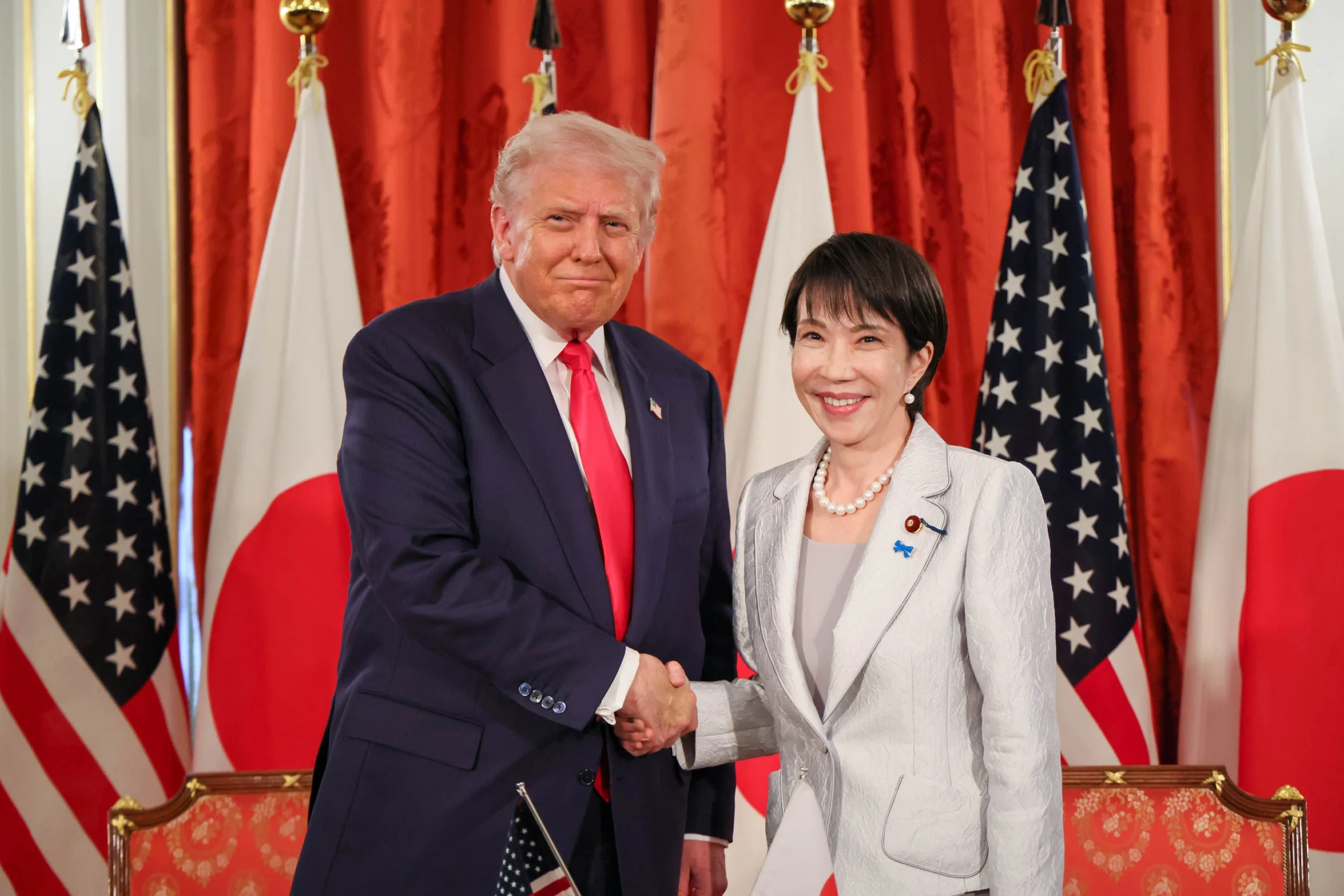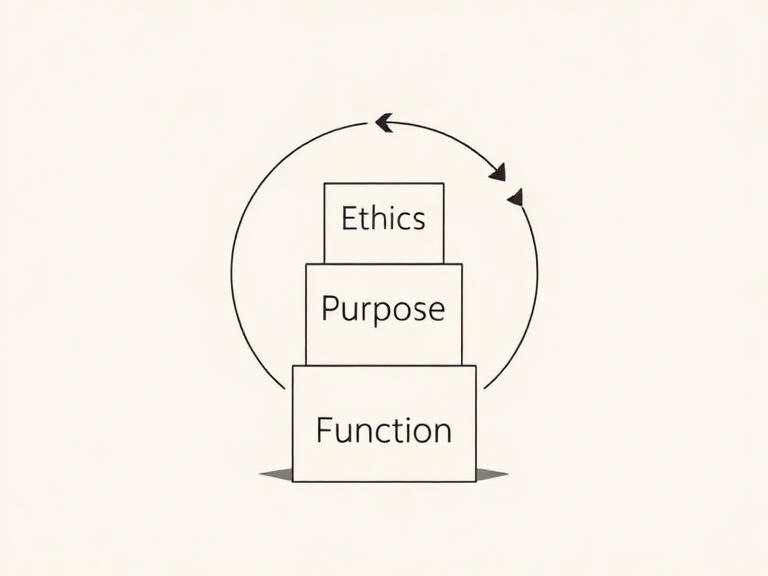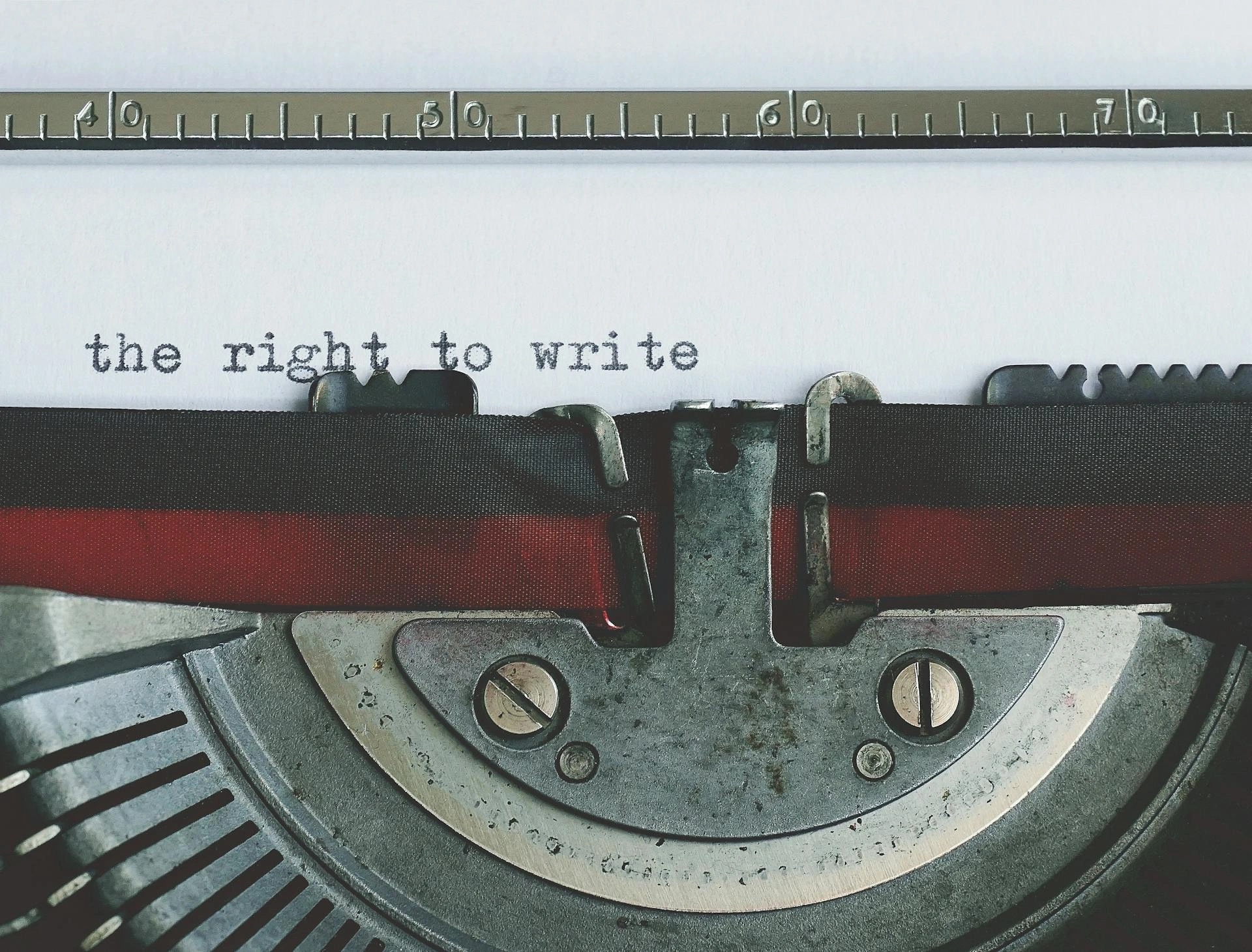10 Mindfulness Activities for the Workplace

Andrew Horn
- Published
- Home, Mental Health, Opinion & Analysis

Mindfulness Matters. To stay calm, focused, and able to adapt to shifting situations with an open mind gives business leaders a powerful and competitive advantage. It’s a skill which, went learnt, can decrease stress levels and prevent burn-out, improve decision-making, and lead to increased employee engagement and efficiency.
From the conventional to the unorthodox, acclaimed British writer and playwright Andrew Horn, a former Hare Krishna monk, shares his top 10 mindfulness at work activities to promote personal wellbeing and enhance staff productivity.
1. Mindful Breathing Exercises
Activity: Take a few minutes to focus on your breath. Inhale deeply through your nose, hold for a few seconds, and exhale slowly through your mouth.
Duration: 5-10 minutes.
Andrew says: “Mindful breathing exercises can reduce stress, improve concentration, and calm the mind. It’s the simplest mindfulness activity going – and your colleagues won’t have the slightest clue you’re doing it.”
2. Guided Meditation Sessions
Activity: Take part in short guided meditation sessions, using a meditation app like Headspace or Calm
Duration: 10-20 minutes.
“Guided meditation sessions are a great way for beginners to mindfulness to get involved. They’re short and inexpensive, and can help to enhance focus, clarity, and emotional resilience,” Andrew says.
3. Mindful Walking
Activity: Take a break from the office to walk slowly and deliberately, paying attention to each step and your surroundings.
Duration: 10-15 minutes.
Andrew says: “If you’re desk-bound, getting up and enjoying a few minutes of mindful walking will help to improve posture and physical wellbeing, as well as improving focus and reducing overall stress levels.”
4. Mindfulness Breaks
Activity: Set a timer for a few minutes every hour to pause and check in with yourself. Notice your thoughts and feelings without judgment.
Duration: 1-5 minutes.
“Just like mindfulness walking, mindfulness breaks are a must – especially if your work is stressful. A short mindfulness break can reduce burnout and increase self-awareness,” Andrew claims.
5. Gratitude Journaling
Activity: At the start or end of the day, write down three things you are grateful for, whether personal or work-related.
Duration: 5-10 minutes.
Andrew says: “At the start or end of what’s likely to be a busy day, the idea of spending a few minutes writing a diary might sound unappealing. But believe me, those few minutes can really help to become more positive and to focus from stress to positive aspects of your life.”
6. Mindful Eating
Activity: During lunch or snack breaks, eat slowly and savour each bite without distractions (like phones or computers).
Duration: During meals.
“Grabbing a sandwich and eating it on-the-go, or devouring a plate of food quickly so we can get back to work. Sound familiar? Instead, try to think about the simple act of eating differently. Take your time, enjoy your food, and try to avoid digital distractions while you’re doing so. Mindfulness eating is about savouring the food, as well as the moment,” Andrew explains.
7. Body Scan Meditation
Activity: Lie down or sit comfortably and systematically focus on each part of your body, noticing any tension and releasing it.
Duration: 15-20 minutes.
Andrew says: “Our bodies are the most important and most valuable thing we possess. And yet few of us take the time to notice them. Mindfulness body scans are about focusing on your body and understanding it. This simple activity can substantially alleviate stress and make you feel calmer.”
8. Mindful Listening
Activity: Encourage active listening during employee meetings by having participants focus entirely on the speaker, avoiding distractions.
Duration: Ongoing.
“There’s the temptation when we listen to others to interrupt, chip in, or to offer a solution. Mindful listening is about really listening to what the other person is saying. It’s a great way to relax, to create lasting and meaningful relationships, and to reduce misunderstandings in the workplace,” Andrew says.
9. Digital Detox Periods
Activity: Designate specific times during the day when employees step away from screens and engage in non-digital activities.
Duration: 30 minutes to 1 hour.
Andrew explains: “We spend countless hours hooked on our digital devices every day. We stare at screens throughout the working day, and turn to them for relaxation on the commute and at home, too. But devices aren’t good for our mental wellbeing or, some studies suggest, on our health. Mindful digital detox lets us escape back to the present and enjoy what’s actually happening around us in the here and now. It also reduces eye strain, promotes mental clarity, and fosters creativity.”
10. ‘Hare Krishnaring’
Activity: Chant, sing, speak, hum or silently read the following chant: “Hare Krishna, Hare Krishna, Krishna Krishna, Hare Hare, Hare Rama, Hare Rama, Rama Rama, Hare Hare”
Duration: 8-10 minutes
“This list would not be complete without the inclusion of a 32-syllable mantra. It is the go-to for scores of celebrities and chanted by millions more worldwide. So long as it’s done in a quiet place, there are no hard and fast rules about how you do it. It improves concentration, promotes relaxation, reduces anxiety, and encourages self-awareness and emotional intelligence among employees,” Andrew says.
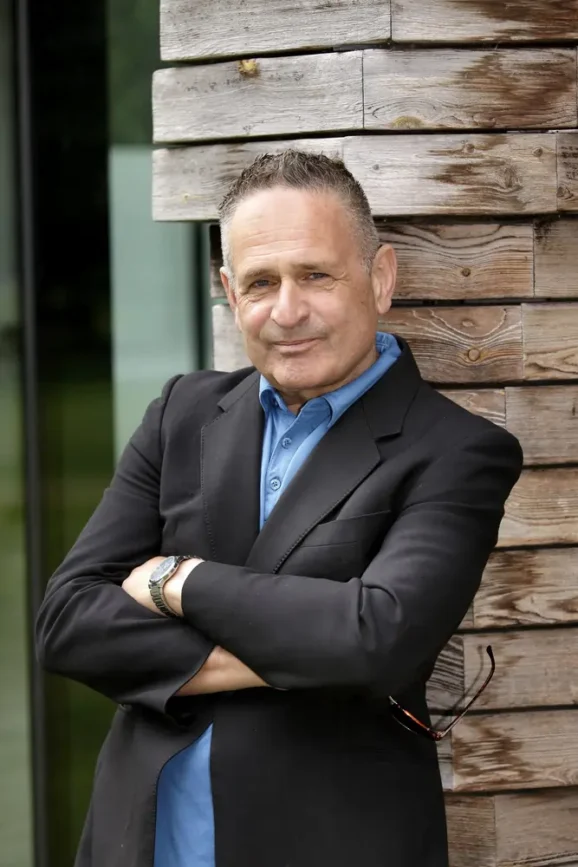
Author Andrew Horn, the son of the great neuroscientist Sir Gabriel Horn and grandson of the socialist peer Baron Soper, is widely regarded as one of the world’s leading experts on traditional Indian and Sanskrit drama whose English translation of the epic 16th-Century Vidagdha Madhava by Rupa Goswami is considered the most accurate ever published. Despite his notable lineage, Andrew chose a different path, becoming a Hare Krishna monk for 20 years. During this time, he was given the name ‘Arjundas Adhikari’, signifying devotion to the hero Arjuna from the Mahabharata. He also appeared on Top of the Pops with Boy George for the singer’s 1991 hit, Bow Down Mister.
Main image © energepic.com/Pexels
Sign up to The European Newsletter
RECENT ARTICLES
-
 Trump reminds Davos that talk still runs the world
Trump reminds Davos that talk still runs the world -
 Will Trump’s Davos speech still destroy NATO?
Will Trump’s Davos speech still destroy NATO? -
 Philosophers cautioned against formalising human intuition. AI is trying to do exactly that
Philosophers cautioned against formalising human intuition. AI is trying to do exactly that -
 Life’s lottery and the economics of poverty
Life’s lottery and the economics of poverty -
 On a wing and a prayer: the reality of medical repatriation
On a wing and a prayer: the reality of medical repatriation -
 Ai&E: the chatbot ‘GP’ has arrived — and it operates outside the law
Ai&E: the chatbot ‘GP’ has arrived — and it operates outside the law -
 Keir Starmer, Wes Streeting and the Government’s silence: disabled people are still waiting
Keir Starmer, Wes Streeting and the Government’s silence: disabled people are still waiting -
 The fight for Greenland begins…again
The fight for Greenland begins…again -
 Failure is how serious careers in 2026 will be shaped
Failure is how serious careers in 2026 will be shaped -
 Poland’s ambitious plans to power its economic transformation
Poland’s ambitious plans to power its economic transformation -
 Europe’s space ambitions are stuck in political orbit
Europe’s space ambitions are stuck in political orbit -
 New Year, same question: will I be able to leave the house today?
New Year, same question: will I be able to leave the house today? -
 A New Year wake-up call on water safety
A New Year wake-up call on water safety -
 The digital euro is coming — and Europe should be afraid of what comes with it
The digital euro is coming — and Europe should be afraid of what comes with it -
 Make boards legally liable for cyber attacks, security chief warns
Make boards legally liable for cyber attacks, security chief warns -
 Why Greece’s recovery depends on deeper EU economic integration
Why Greece’s recovery depends on deeper EU economic integration -
 Why social media bans won’t save our kids
Why social media bans won’t save our kids -
 This one digital glitch is pushing disabled people to breaking point
This one digital glitch is pushing disabled people to breaking point -
 Japan’s heavy metal-loving Prime Minister is redefining what power looks like
Japan’s heavy metal-loving Prime Minister is redefining what power looks like -
 Why every system fails without a moral baseline
Why every system fails without a moral baseline -
 The many lives of Professor Michael Atar
The many lives of Professor Michael Atar -
 Britain is finally having its nuclear moment - and it’s about time
Britain is finally having its nuclear moment - and it’s about time -
 Forget ‘quality time’ — this is what children will actually remember
Forget ‘quality time’ — this is what children will actually remember -
 Shelf-made men: why publishing still favours the well-connected
Shelf-made men: why publishing still favours the well-connected -
 European investors with $4tn AUM set their sights on disrupting America’s tech dominance
European investors with $4tn AUM set their sights on disrupting America’s tech dominance


